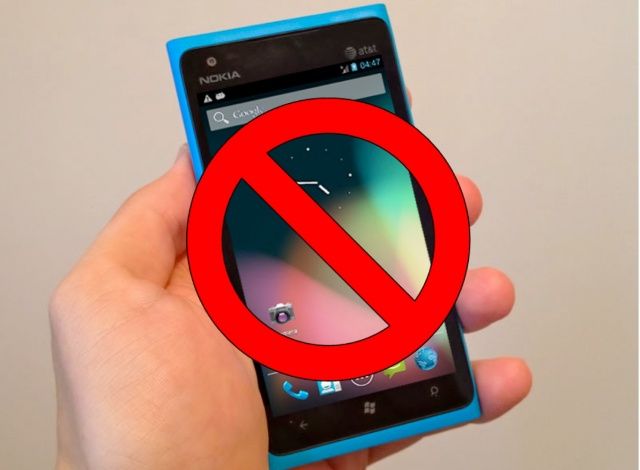Nokia Rules Out Android Switch, Despite Little Success With Windows Phone
Although Nokia has built up a pretty strong relationship with Microsoft in recent years, there have always been questions over whether the company might one day try its luck with Android. But despite seeing lackluster success with Windows Phone, Nokia CEO Stephen Elop has ruled out any switch to a competing platform.
Nokia committed itself to Windows Phone back in 2011, and the Finnish firm has increasingly focused its smartphone efforts on Microsoft’s platform ever since, ceasing support for MeeGo- and Symbian-powered devices, and launching a whole range of Lumias.
But its success with Windows Phone hasn’t exactly been great. Nokia is still struggling to compete in the smartphone market, and shareholders are beginning to lose patience. According to AllThingsD, at a Nokia meeting on Tuesday, many called for the company to reconsider its bet on Windows Phone.
“The executive team is doing its best. But it’s not enough,” one shareholder said. “Are you aware that results are what matter? The road to hell is paved with good intentions. Please switch to another road.”
But despite a 60% decline in Nokia’s share price, CEO Stephen Elop was quick to rule out that possibility
“We’ve made a clear decision to focus on Windows Phone with our Lumia product line,” Elop said. “And it is with that that we will compete with competitors like Samsung and Android.”
With the success Samsung is currently having with Android, which has seen it capture 43% of the smartphone industry’s profits, it must be increasingly difficult for Nokia shareholders to watch the company limp along with Windows Phone devices.
The frustrating thing for an Android fan is that Nokia makes some pretty incredible hardware; its high-end Lumia devices not only look great, but they pack great displays and cameras, too. And it would be terrific to see a Lumia-like handset running Android.
Unfortunately, it seems that’s not going to happen — at least not while Elop’s in charge.
- SourceAllThingsD



